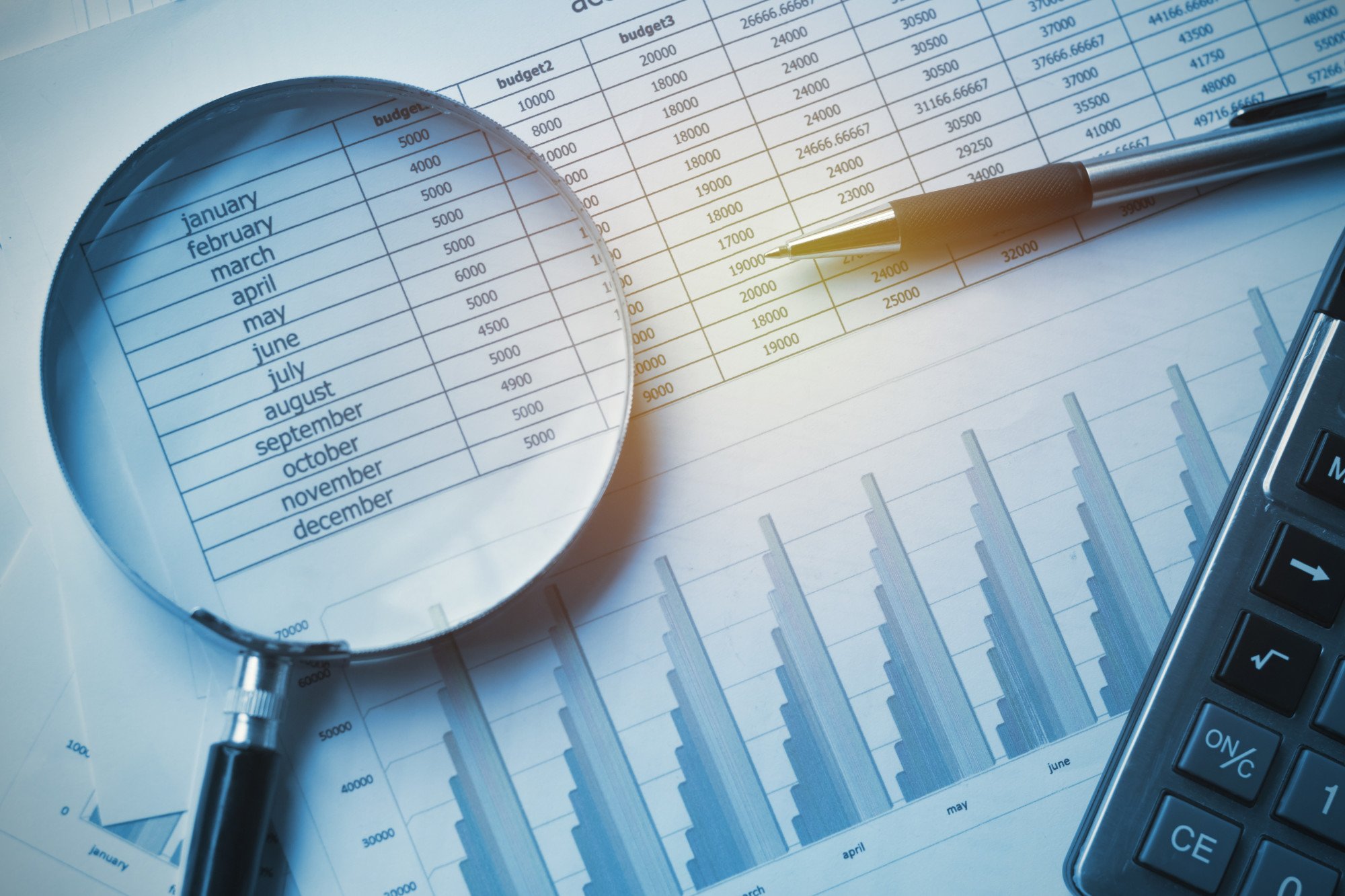After a few years of fast-rising rents, the housing market in Washington looks like it might slow down a little. The COVID era of inflating rents has come to an end. Nevertheless, renters will still want to find new homes, and new landlords will continue to join the market.
If you're a new landlord or investor, start brushing up on the basics now. The fundamentals of rental property accounting remain the same as the housing market changes. The next time rents rise, you'll be able to capitalize on that shift in the market.
Keep reading for information on what you'll need to know as a property manager, real estate investor, or landlord. Quality bookkeeping will help you make money in real estate.
Separate Your Accounts Before Starting Rental Property Accounting
If you're a small-time landlord, you may think you can get away with running everything through your personal banking accounts. Don't count on that.
Having separate accounts for your property finances makes it easier to be certain you can cover expenses and helps avoid committing several white-collar crimes.
Not sure how to start a business bank account? The Small Business Administration covers a lot of the basics on its website.
Separating Accounts Between Properties
While small landlords who only own one or two houses might use one account for all business done, it's better to maintain separate accounts for each rental property. Once you're dealing with multiple apartment buildings, it makes tax preparation easier and property expenses clearer.
This can also help when it comes time to think about the value of individual properties. If one apartment complex turns into a money sink, it might be time to sell it to someone else.
Save, Save, Save
Whenever you make money as a real estate investor, make sure to save some of it. Even if you have a profitable summer, winter repair expenses can chew through reserves fast.
If you have a property manager, discuss when expenses run high in your market. A good property management company will know when costs will spike due to damage from rainy or snowy seasons. An open dialogue makes maintenance management much easier.
Hire Professionals
Not all landlords have a head for property taxes and other issues that come with managing rentals. Unless you have a strong accounting background yourself, you should hire a CPA. Even if you do come from an accounting background, hiring a CPA can free up time for other management activities.
A property management company can also help a lot. Many of these companies perform essential bookkeeping tasks as part of daily business.
Account For Your Accounts
Rental property accounting shouldn't take up a lot of space in your head as a landlord. When you get into real estate investment, take the time to learn the basics and set your accounts up in a way that makes things as clear as possible.
If you don't have a head for numbers or organizational skills, however, don't hesitate to reach out to us. We can take care of any accounting issue you face as a real estate investor in the Bothell area.


